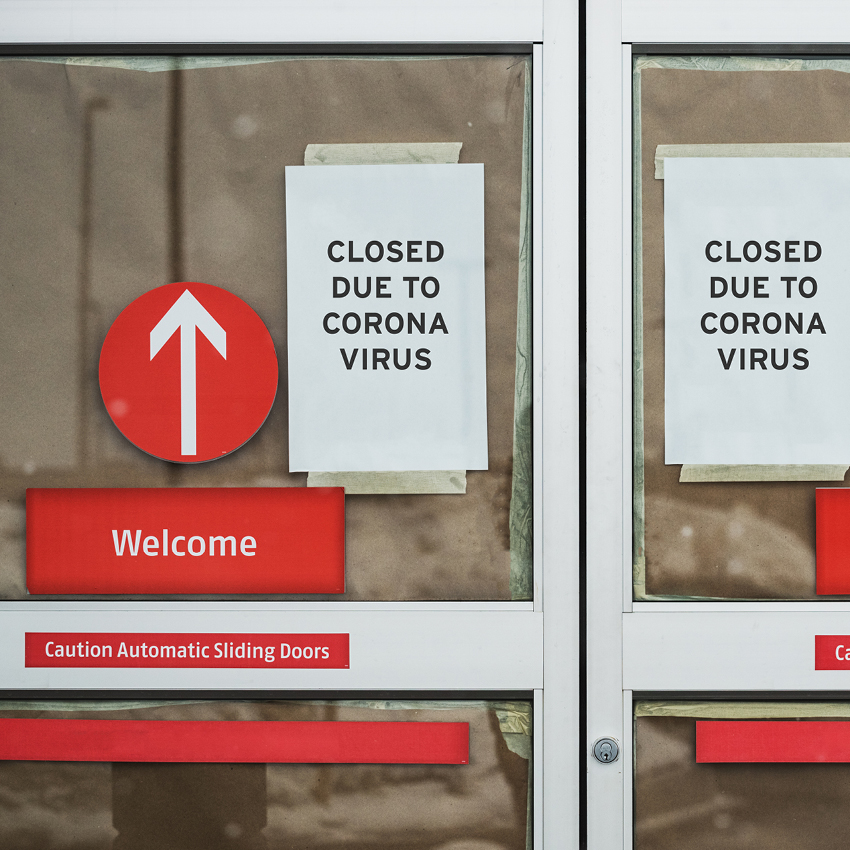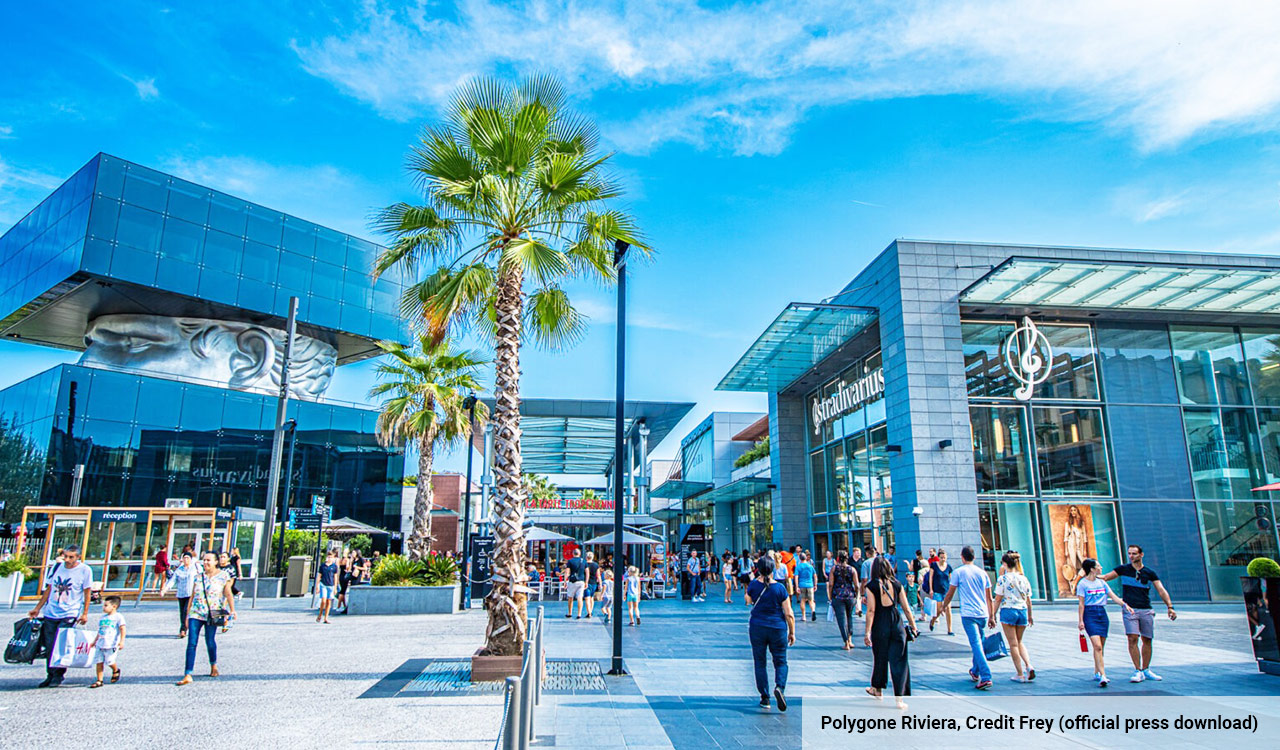Besides online sales, what retailers need most right now is rent relief, in any size, shape or form! Many of them may need rent abatement for the entire time they are closed. Retailers, even the golden children, direct-to-consumer brands, are having a make or break moment. The cost of overhead is one of their largest expenses and with none-to-few revenues; this imbalance will be a retailer killer. In a normal environment there would be lots of guidelines and a legal framework to follow, AKA your lease. But this roadmap may not be enough. These are the terms du jour you\’ve likely heard a lot lately, Force Majeure, Temporary Condemnation, Quiet Enjoyment, Business Interruption Insurance and Rent Holidays have been discussed, analyzed and most don\’t seem applicable to the pandemic. Indeed, we are in a dynamic, fluid and unprecedented period.
[callout]The terms du jour you’ve likely heard a lot lately, Force Majeure, Temporary Condemnation, Quiet Enjoyment, Business Interruption Insurance and Rent Holidays have been discussed, analyzed and most don\’t seem applicable to the pandemic.[/callout]
Part I: Communication Is Critical
When I first started in real estate there was a sense that the tenant/landlord relationship needed to, and was beginning to change. It\’s true it has been changing, but it\’s been an evolution not a revolution. Landlords, market corrections and the transformation of retail have pushed landlords into creating smaller spaces, accepting shorter terms, investing in retailers and providing services for retailers. The pandemic may take these changes even further, but the first mandate in the current environment is to communicate directly with your landlords. They are your partners in the retail ecosystem and, no cliche, we are all in this predicament together. We have read about the pioneers, The Cheesecake Factory, Mattress Firm, Subway and H&M, who immediately sent out corporate communications to their landlords stating they would not be paying rent, and not surprisingly, many landlords pushed back.
PART II: Communication Is Still Critical
Knowledge is power. In this environment, retailers are redefining operational knowledge as they navigate these uncharted waters. I have calls with brokers, lawyers and retailer partners as well as others in the field about how they are addressing rent relief. Granted we aren\’t doing a lot of deal making right now, it is critical to keep the communications channels open. It\’s a murky moment: Some landlords do not know what they can and cannot offer at this point because they are working with their lenders, joint venture partners and stimulus legislation to make first-round decisions. To add to the complexity, if you are doing business in different parts of the country, each state may have different remedies to the situation as it applies to rent relief. For example, California\’s shelter-at-home mandate was much more aggressive and came earlier in the year than New York, which could mean California could provide more relief than other states. How this will play out for retailers in California? Stay tuned.
Part III: No-Brainer, Communication is Still Critical
When you ask your landlords for rent relief, try and be specific regarding what you need now, because it may change as this crisis continues to ebb and flow. If you are comfortable, and I know this inclination does not come naturally, share specific details of your revenues and overall business model. This can help your landlords make the decision that hopefully will support both you and your business going forward. Further, stay in touch with them and keep communicating as the situation changes.
Stay Solution Focused
Here\’s the headlines on recent conversations and ideas that have been circulating in the last couple of weeks.
- Rent abatement/Rent Relief or a Rent Holiday.
- Making a partial payment, for example real estate taxes versus monthly rent; this depends on the landlord\’s agreement with its lenders.
- Deferment. In California the directive is for retailers to make some form of payment each month for the next six months and then the deferment will be spread into a payment plan.
- Spread deferment payments out until 2021 if your landlord partner has the capability to do so.
- Most retailers try and avoid giving a security deposit at all, but if they can\’t some prefer to do a letter of credit from the bank – instead of collecting rent now landlords can burndown a month of credit for April rent. If you are a newer retailer a landlord may have requested multiple months of rent for security. In this environment LLs are willing to use this for a monthly rent payment to stop the outlay of cash for the retailer now.
- Extend your lease to have smaller payments now allowing you to make up revenues at the end of the lease period – for example through the holiday season. Ride out 90 days – that\’s technically how long you have to pay.
- If you have a sublease, encourage your sublessor to work with the landlord.
- Early termination or a mutual termination.
Litigation
There has also been quite a bit written about litigation between landlords and retailers clogging the legal system. It\’s still too early to tell, but both parties are looking for quick solutions. Also, there is lots of rhetoric around whether landlords will make broad decisions across the board or will look access tenants on case by case and lease by lease basis.
End Notes
Keep going! Keep speaking with your landlords regularly. This is a marathon not a sprint. What we know for sure, is that the pandemic will lift whether it\’s in phases or all at once. Most retailers and landlords are going month by month because the virus changes the human course of action each day. Also many people in both the real estate and retail industries think there will be additional legislation for landlords and shopping centers. Try and be positive in your outlook. Begin to think ahead and plan for opening your doors again. What will it look like? It will be a whole new world, and one that could have many advantages – lower rents, better co-tenants and properties that are merchandised differently to capture consumers\’ changing shopping habits. So, maybe we will have to take our temperatures before we enter a mall and sanitize our hands on the way in and out. Would that be so bad?



